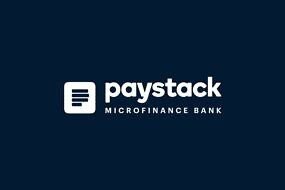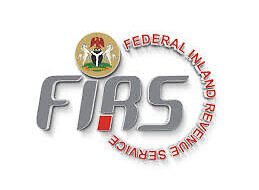Nigeria’s instant payment system has quietly earned global respect — and it’s not just a local opinion. The Central Bank of Nigeria (CBN) believes the country’s fintech space is now one of the world’s most advanced. At the heart of this claim is how quickly transactions are completed across platforms in Nigeria, often within seconds.
Speaking at the FintechNGR Q2 Regulators’ Forum Webinar, the CBN’s Director of Payments System Policy, Musa Jimoh, described the nation’s progress as a result of bold regulations, innovation-friendly policies, and evolving customer habits.
“Our payments happen within seconds, and that’s a very big one for Nigeria as a country,” he said.
The forum focused on open banking, a model that allows developers to build financial solutions using customer-approved bank data. Jimoh stressed its potential to improve financial inclusion and customer experience, drive competition, and reshape Nigeria’s digital finance future.
CBN: Open Banking and Innovation
Nigeria’s payment journey didn’t begin overnight. Jimoh recalled its roots in 2006, when the CBN released its first vision document. Major strides came in 2010 when banks switched to EMV-compliant cards. Since then, the country has embraced policies like Know Your Customer (KYC) protocols, agent banking, and the cashless policy.
Today, Nigeria has more than 160 licensed payment operators. Behind the scenes, there’s been a massive upgrade in infrastructure — from switching networks to data systems that now support high transaction volumes.
Jimoh also acknowledged how biometric verification systems, like the Bank Verification Number (BVN), have improved identity checks and reduced fraud.
Yet, he pointed out one nagging issue: data fragmentation. While banks collect useful customer data, they do so differently. This makes it hard to create seamless solutions.
“The CBN believes that open banking can help address this challenge by allowing developers to access bank data and create innovative financial products and services,” he said. But Jimoh added a clear condition — “The data must be permissioned, and the customer must give consent before it can be used.”
The Road Ahead for Nigeria’s Fintech
Challenges remain. Standardising Application Programming Interfaces (APIs) and ensuring cybersecurity are at the top of the list. But Jimoh remains confident. He said the CBN had already set up technical teams to tackle these issues and guide the transition to an open banking era.
He concluded by affirming the bank’s support for innovation: “With a robust regulatory framework, standardised API, and collaboration among stakeholders, open banking could transform Nigeria’s financial landscape.”







3 replies on “CBN Says Nigeria’s Payment Tech Is World-Class”
[…] World Bank has given Nigeria an extra $65 million loan to support its procurement and governance reforms. This new funding […]
[…] from the Central Bank of Nigeria (CBN) shows that the naira improved at the official market as well. On Wednesday, it traded at […]
[…] Contactless transactions — often dubbed tap-to-pay — are no longer a fringe innovation. Verve is proving they’re here to stay, and more importantly, that they work in African markets. […]